Evolution
-
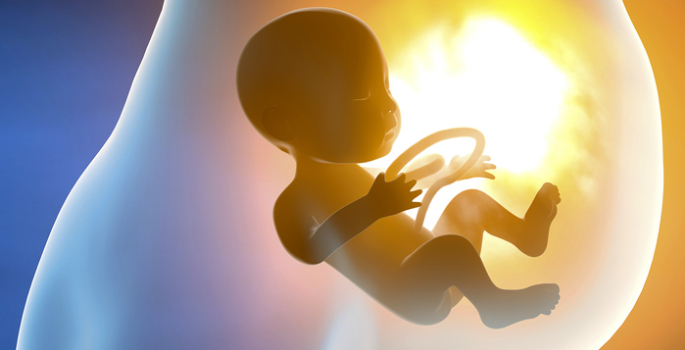
Vanderbilt develops computational method to explore evolution’s influence on preterm birth
The first comprehensive study of how diverse evolutionary forces influence the leading cause of infant mortality is led by Vanderbilt researchers. Read MoreJul 24, 2020
-
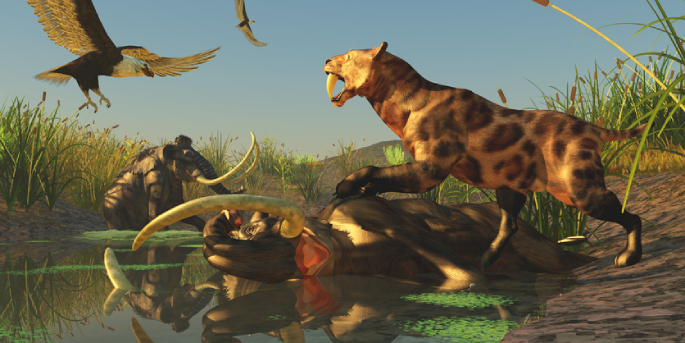
International collaboration draws new conclusions about ‘convergent evolution’ of saber-tooth cats
International collaboration shows that marsupial saber-tooth cats were more closely related to possums than fearsome predators. Read MoreJun 26, 2020
-
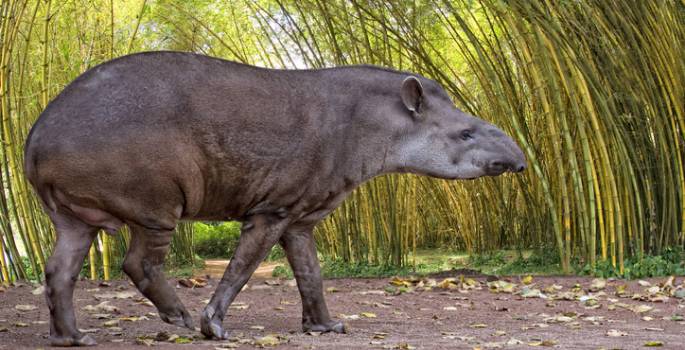
Unexpected mammal provides insight into the lives of ancient hominins
Paleontologist and associate professor of biological sciences Larisa DeSantis finds answers about early hominin diets are with an unrelated group of mammals—tapirs. Read MoreJun 11, 2020
-
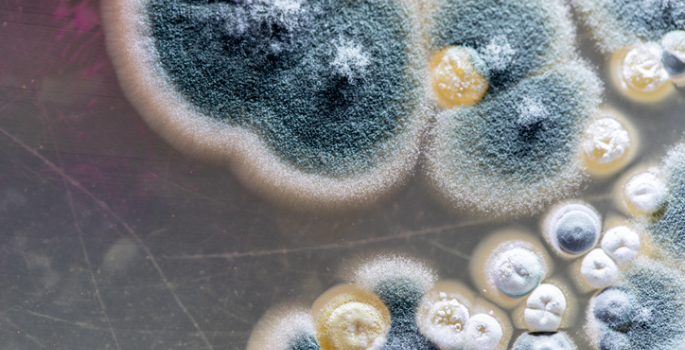
New discovery shows infection of the lungs can be caused by hybrid fungi
A team of scientists at Vanderbilt has discovered the first known instance of a hybrid fungal species causing aspergillosis, an ensemble of different types of lung infections that often impacts immune-compromised people. Read MoreJun 4, 2020
-

New research on ‘endowment effect’ points to evolutionary roots of cognitive biases
Evolution may explain why we overvalue some things—but not others—to an irrational degree. Read MoreMay 27, 2020
-
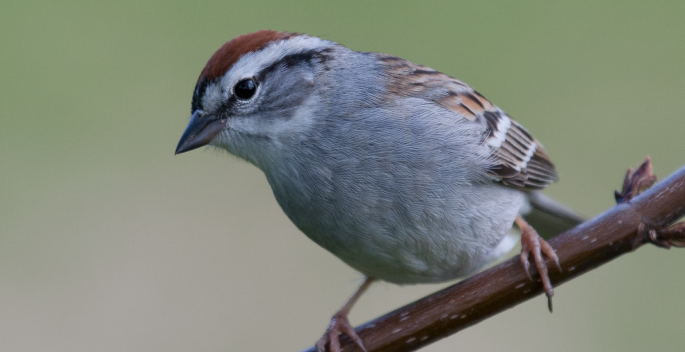
Vanderbilt lab develops app for analyzing crowd-sourced songbird recordings
With a new app from a team at Vanderbilt, birdsong researchers can better leverage crowdsourced fieldwork and audio recordings from amateur birders and citizen songbird scientists. Read MoreApr 20, 2020
-
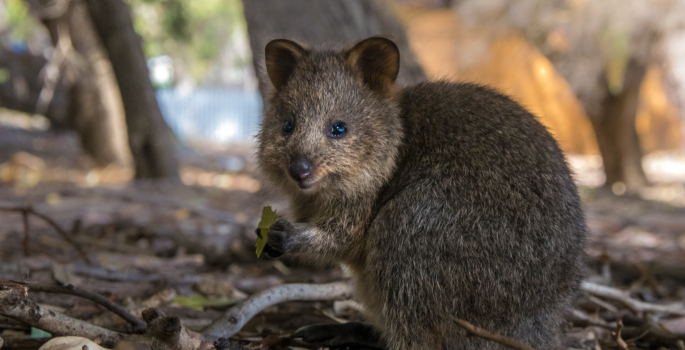
Where are the quokkas? New study explains what happened to the “happiest animal in the world”
The quokka, a small marsupial native to Australia, is an example of a species vulnerable to extinction in the country’s harsh surroundings. In a new study, researchers at Vanderbilt University demonstrate evidence for the dramatic decline of quokkas over the past century. Read MoreFeb 21, 2020
-
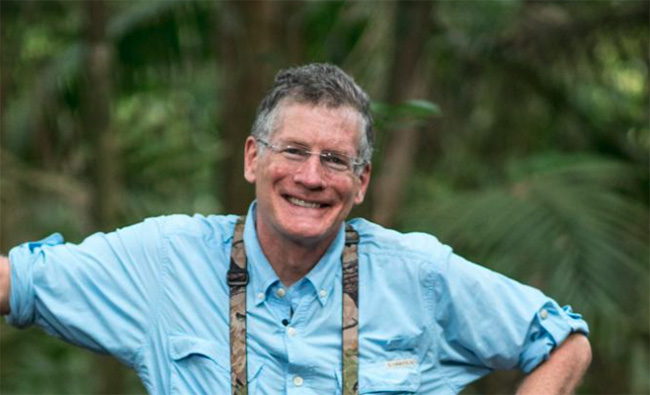
Leading evolutionary biologist Jonathan Losos to deliver 2020 Darwin Day Lecture
Jonathan Losos, a world-renowned evolutionary biologist whose discoveries have shed light on how organisms diversify, will deliver the 2020 Darwin Day Lecture on Wednesday, Feb. 12. Read MoreFeb 10, 2020
-

New method reveals how differences in the genetic “instruction booklet” between humans and Neanderthals influenced traits
When it comes to our differences from Neanderthals, most of what we know comes from comparing fossils. But fossils can only tell us about bones and not whole living organisms. That’s changing thanks to a new paper from a team of genomics researchers at Vanderbilt, who… Read MoreOct 7, 2019
-
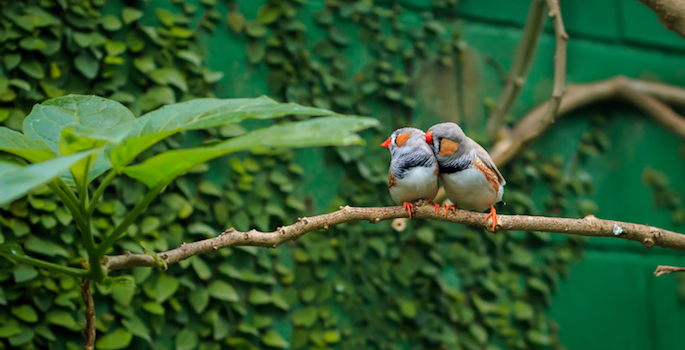
High standards of female songbirds could be driving their mates to evolve
Picky females force male songbirds to become better singers. Read MoreSep 4, 2019
-

Rokas to lead budding cross-disciplinary collaboration on evolutionary studies
The Vanderbilt Evolutionary Studies Initiative seeks to position the university as a global leader in evolutionary studies by engaging a large group of scholars who share this research interest. Read MoreAug 14, 2019
-
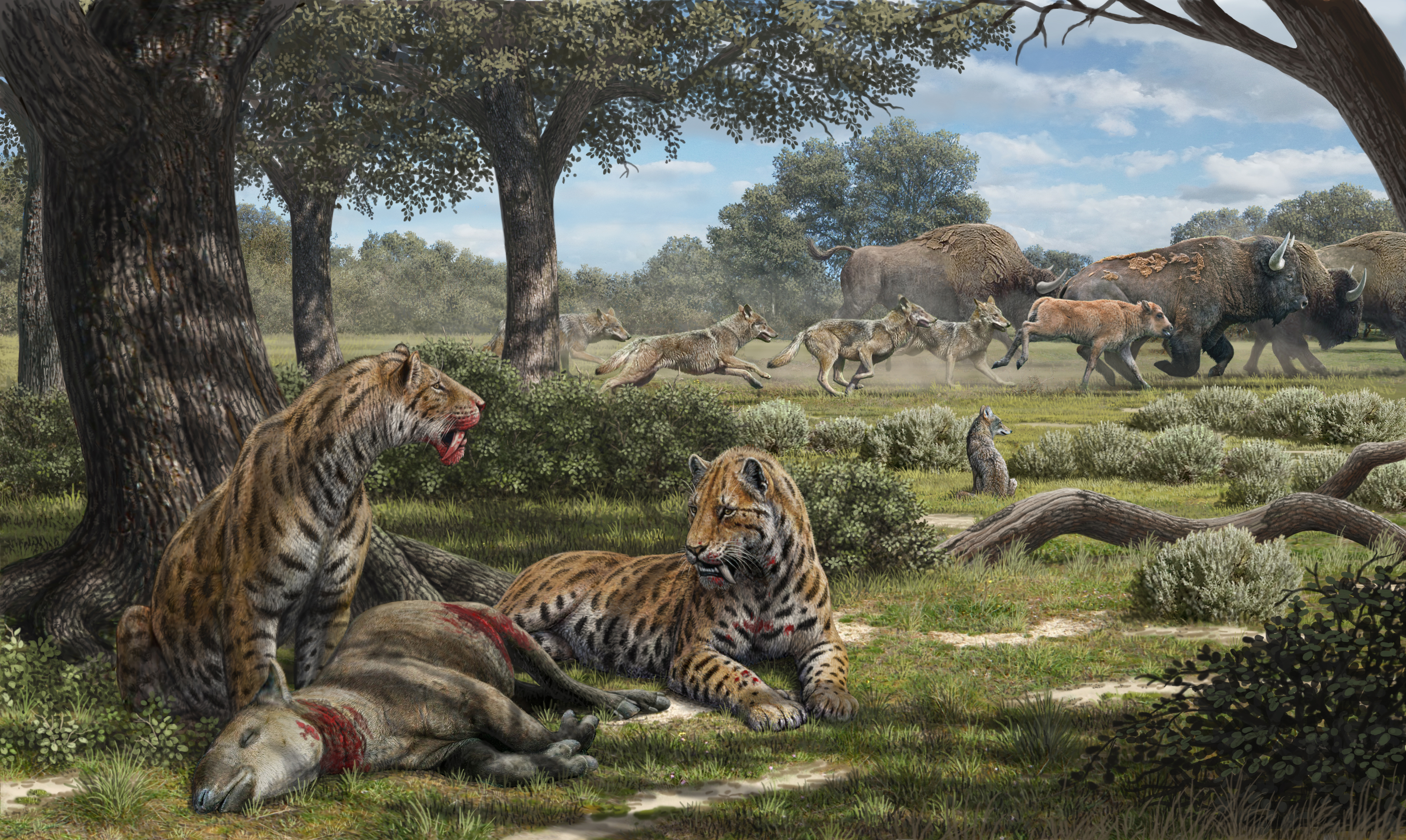
Intense look at La Brea Tar Pits explains why we have coyotes, not saber-toothed cats
The most detailed study to date of ancient predators trapped in the La Brea Tar Pits is helping Americans understand why today we’re dealing with coyotes dumping over garbage cans and not saber-toothed cats ripping our arms off. Read MoreAug 5, 2019
-
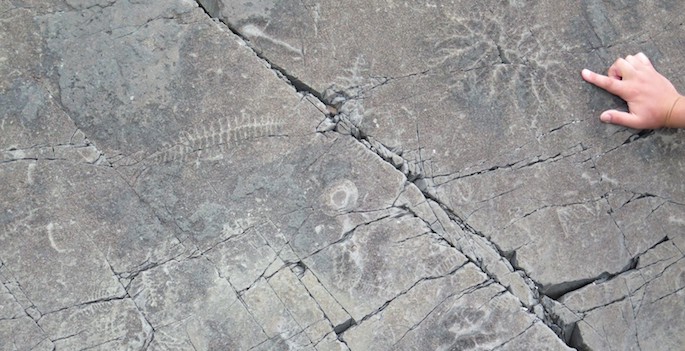
Ediacaran dinner party featured plenty to eat, adequate sanitation, computer model shows
“They are behaving like animals, and that’s a link between them and what we recognize as animals," says paleontologist Simon A.F. Darroch. Read MoreJun 19, 2019
-

Life in evolution’s fast lane
A group of budding yeasts in the genus Hanseniaspora, which is closely related to the baker’s yeast Saccharomyces cerevisiae, has lost large numbers of genes related to cell cycle and DNA repair processes. Read MoreMay 21, 2019
-
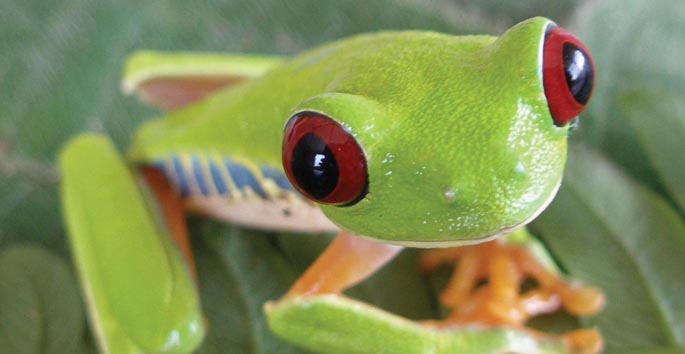
Frog fungus fights back
Louise Rollins-Smith and colleagues have discovered a new way that a deadly fungus evades frogs' immune systems. Read MoreMay 15, 2019
-
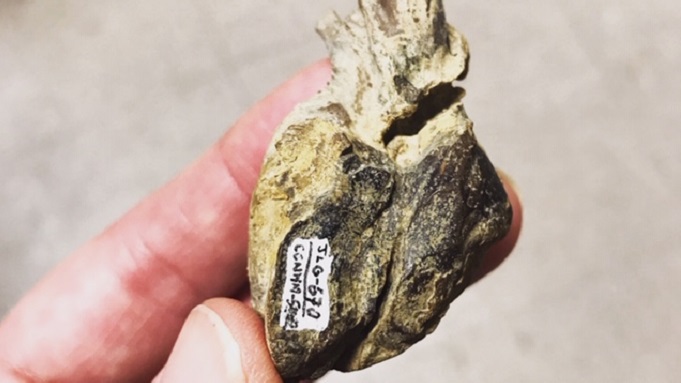
Dolphin ancestor’s hearing was more like hoofed mammals than today’s sea creatures
The team, one of the first in the world to examine the ability’s origins, used a small CT scanner to look inside a 30-million-year-old ear bone fossil from a specimen resembling Olympicetus avitus. Read MoreMay 15, 2019
-
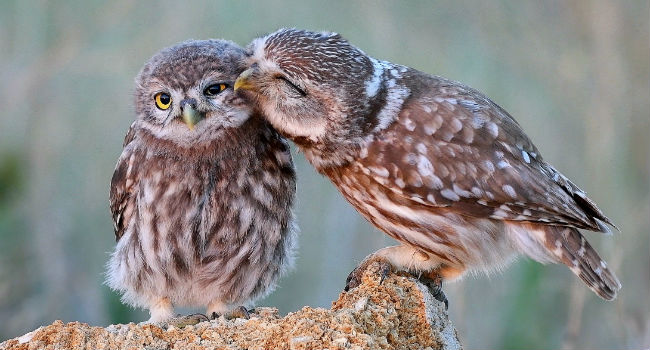
How attracting multiple mates affects flirting fads in birds
For many species, extravagant displays are a critical part of attracting a mate. Think of a peacock’s long tail or a songbird’s elaborate melody. When considering these populations, scientists at Vanderbilt University wondered if they could use new methods to test a theory that has been around for almost 150… Read MoreFeb 22, 2019
-

Earth’s oldest animals formed complex ecological communities
Ediacara biota were forming complex communities tens of millions of years before the Cambrian explosion. Read MoreSep 17, 2018
-
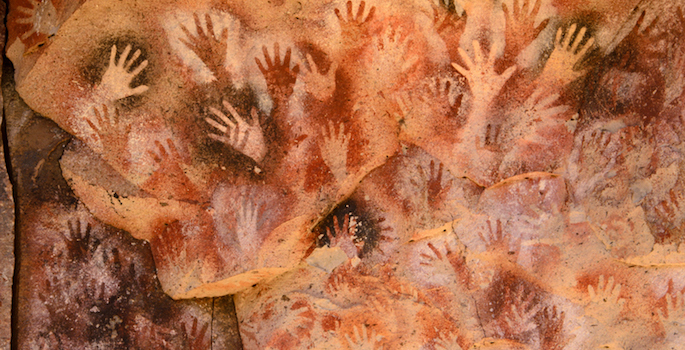
Interdisciplinary approach yields new insights into human evolution
Vanderbilt biologist Nicole Creanza is the guest editor of a new themed issue of "Philosophical Transactions of the Royal Society B" highlighting interdisciplinary approaches to understanding human evolution. Read MoreFeb 12, 2018
-
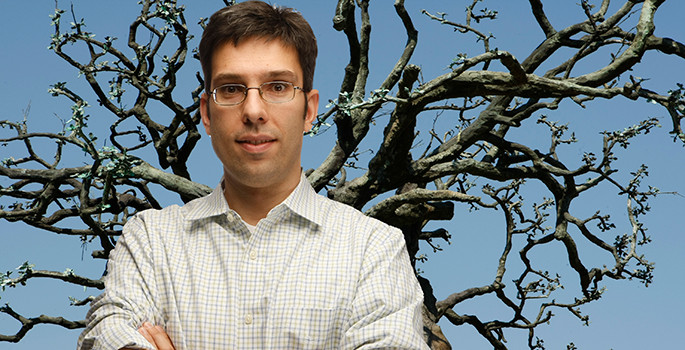
Vanderbilt evolutionary biologist makes finals of a national award for young scientists
Cornelius Vanderbilt Professor in Biological Sciences Antonis Rokas has been selected as a finalist for the $250,000 Blavatnik National Awards for Young Scientists Read MoreJun 6, 2017